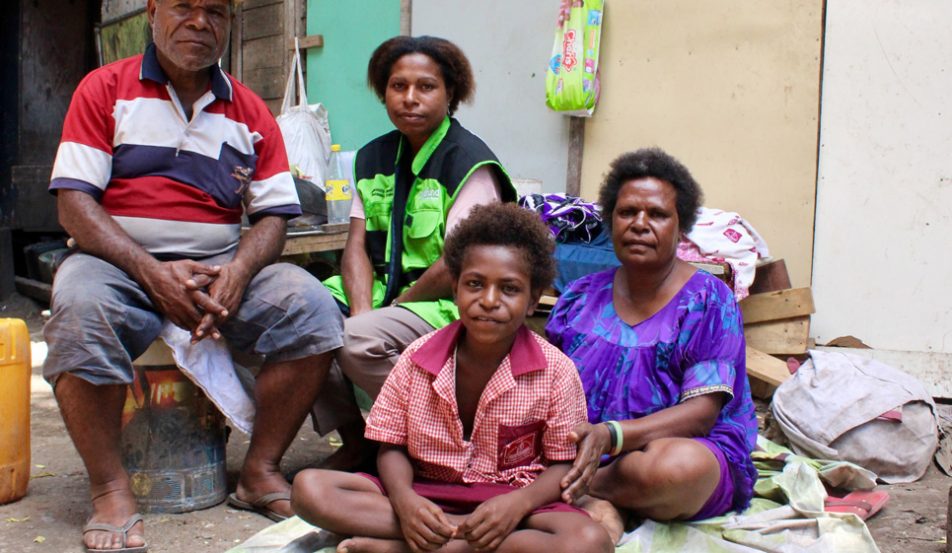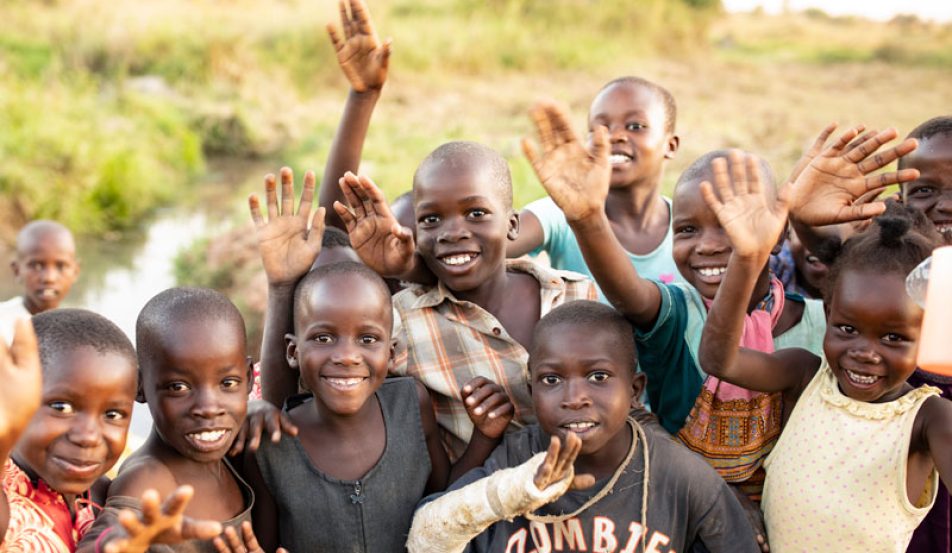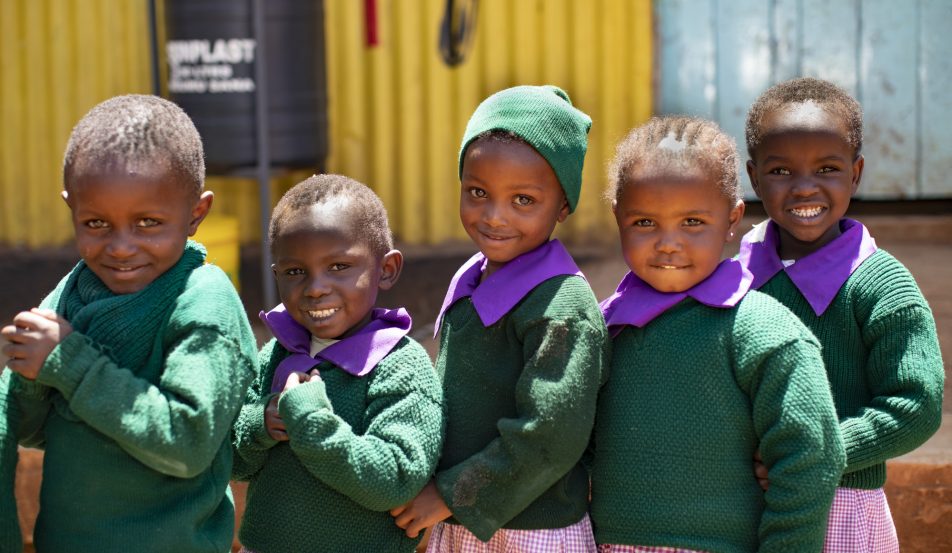What is climate change?
There’s no denying that every day, the effects of climate change are felt around the world. Not only does climate change cause major disasters, but its effects lead to widespread hunger and poverty. We have known about climate change and global warming for a long time, but greenhouse gas emissions and global warming only keep increasing exponentially. So, what is climate change? How does it affect people around the world and what are we doing about this problem? Let’s explore.
What is climate change?
Simply put, the term climate change refers to an ongoing shift in average temperatures and yearly weather patterns. While major temperature shifts and weather pattern changes have indeed occurred naturally in the past, climate change is a much faster, preventable man-made problem caused by human activities that harm the environment and lead to global warming.
What causes climate change?
Human activities can cause climate change. These include burning fossil fuels (coal, oil and gas), clearing land and rainforest and sending waste to landfills. Heating buildings and using gasoline in vehicles also contribute to climate change.
These polluting activities produce the greenhouse gases of methane and carbon dioxide. These greenhouse gases then trap the sun’s heat and raise temperatures on earth. As you might have guessed, some countries create much greater volumes of greenhouse gas emissions than others. In fact, the top 10 emitters account for over two-thirds of global greenhouse gas emissions!
How does climate change affect the planet?
Yes, climate change leads to warmer temperatures. But there’s more to climate change. Earth is a complex, interlinked system. So, changes in temperatures lead to widespread effects on the environment everywhere else.
Climate change is causing problems with water scarcity, intense droughts, rising sea levels, extreme fires, melting polar ice, flooding, decreased biodiversity and extinctions, and widespread storms. Think of the recent bushfires here in Australia. In 2019 and 2020, these bushfires were much more intense than they usually are. This was because global warming created record-breaking temperatures and a prolonged drought.
Or, consider the current food crisis in Afghanistan. In combination with the ongoing war, increased extreme weather events leading to drought mean that farming food is impossible. This has led to the ongoing threat of famine.
How does climate change affect people?
As you might expect, climate change significantly affects our safety, health, where we live, our ability to produce food, and our work. Whole communities have been forced to relocate due to rising sea levels, saltwater intrusion and accelerated land erosion, while prolonged droughts also lead to famine risks. Plus, those of us living in developing countries and small island nations are more vulnerable to the impacts of climate change. On top of this, the number of “climate refugees” is expected to go up as wildfires, coastal erosion and other extreme weather events only become more frequent and severe.
How can we prevent climate change?
Even a slight increase in the global temperature will lead to adverse environmental effects. Many scientists agree that we must limit a global temperature rise to no more than 1.5°C. However, with the world on track to reach this, climate change action is imperative.
Thankfully, we are already aware of many solutions. Switching from fossil fuels to renewables like wind or solar, for example, will reduce much of the emissions behind climate change. Grants and financial incentives are already in place to convince people to make their homes more efficient and to choose a more eco-friendly mode of transport. More and more countries are committing to having net zero emissions by 2050, too.
Global agreements and frameworks are also in place to guide progress on decreasing climate change. These include the UN Framework Convention on Climate Change, the Sustainable Development Goals, and the Paris Agreement. These worldwide frameworks identify the areas of action we need.
In short, we need to cut emissions, adapt to existing climate impacts and fund the required adjustments.
How can you help?
With climate change causing disasters like flooding, droughts and famine, there is a need to work hard to combat resulting poverty and famine risks. By donating monthly to ChildFund Australia, you can help us distribute food and resources to those affected by climate change. In addition, a monthly donation helps us form a plan to make a more significant difference in the future.
Alternatively, a one-off contribution also helps us fight against climate change. You can choose to donate to one of our specific appeals, such as the Hunger Crisis Appeal – a crisis caused in part by the severe droughts being produced by climate change.
You can also contact your local authorities to lobby them to make a change in the fight against global warming. Though we definitely notice the effects here, the impact of global warming disproportionately affects countries that barely contribute to global warming themselves. So, it’s only fair that we should work to help them.

































